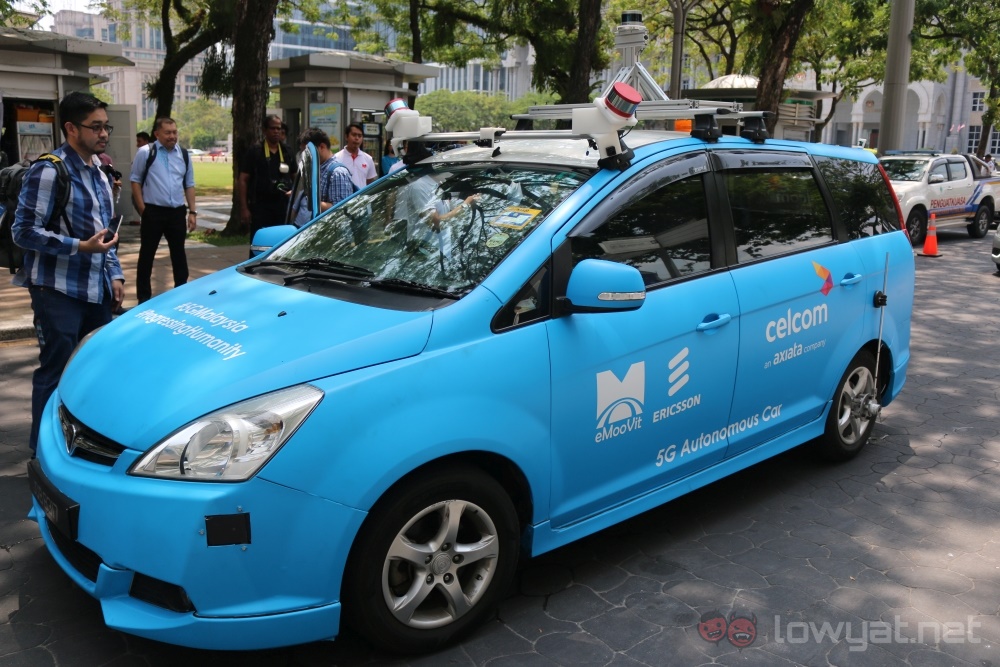Previously, we mentioned that a 5G showcase will involve many of the major telcos and ISPs, and will be held in Putrajaya this weekend. Celcom will also be showcasing an autonomous vehicle that makes use of its 5G network, with the help of Ericsson and MooVita. We had a preview of the tech, and here’s what it’s like in action.
The showcased autonomous car is a Proton Exora that’s been outfitted with additional equipment. These include lidar and radar sensors that are frequently used in the testing and development of self-driving cars. It also comes with a few additional screens that display information such as navigation and demonstrating the AI identifying objects that it sees.
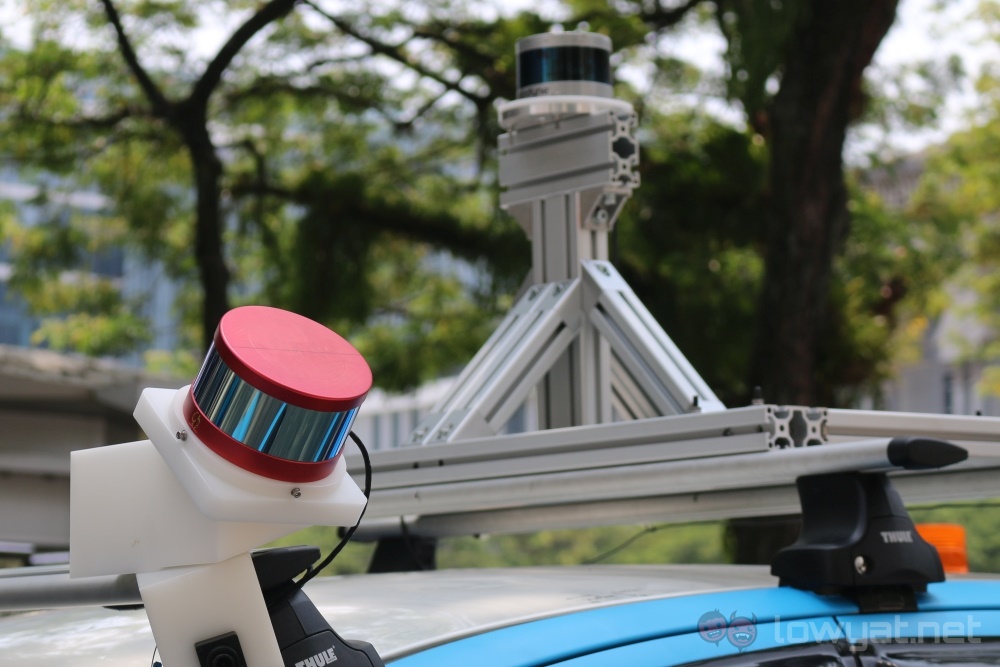
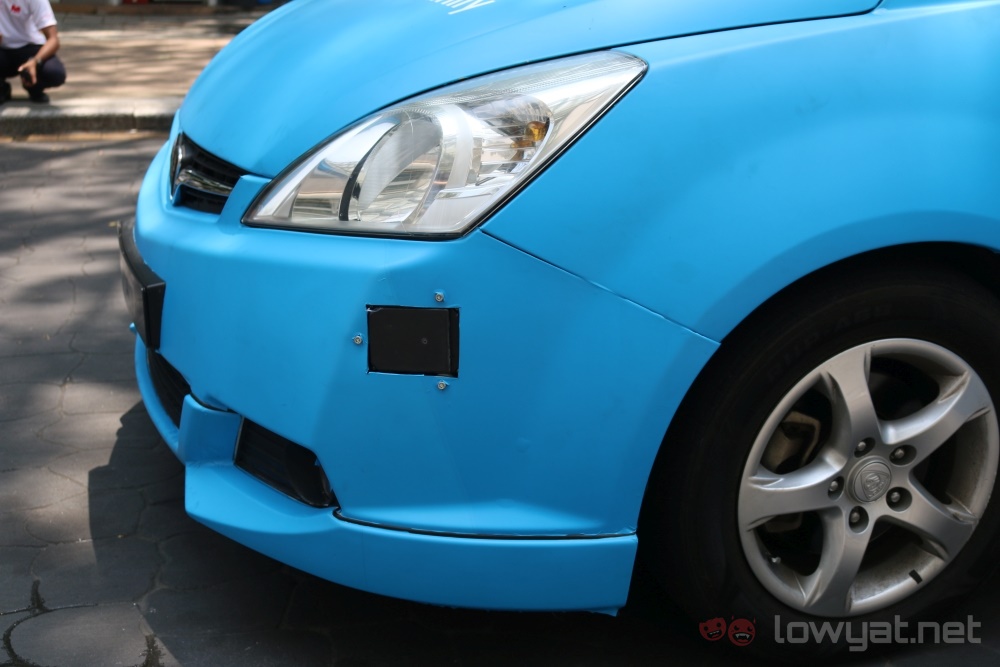
As for the experience sitting in it as it drives, it’s probably safe to say that the autonomous car is still in its early stages. The car’s speed has been limited to 15km/h, but even at that speed, it has difficulties taking sharp, 90-degree corners. The short route it took was also pre-programmed, with the area closed off to most other drivers. But what I found more interesting, sitting in the back seat, was the onboard AI identifying objects and people that come into its field of view.
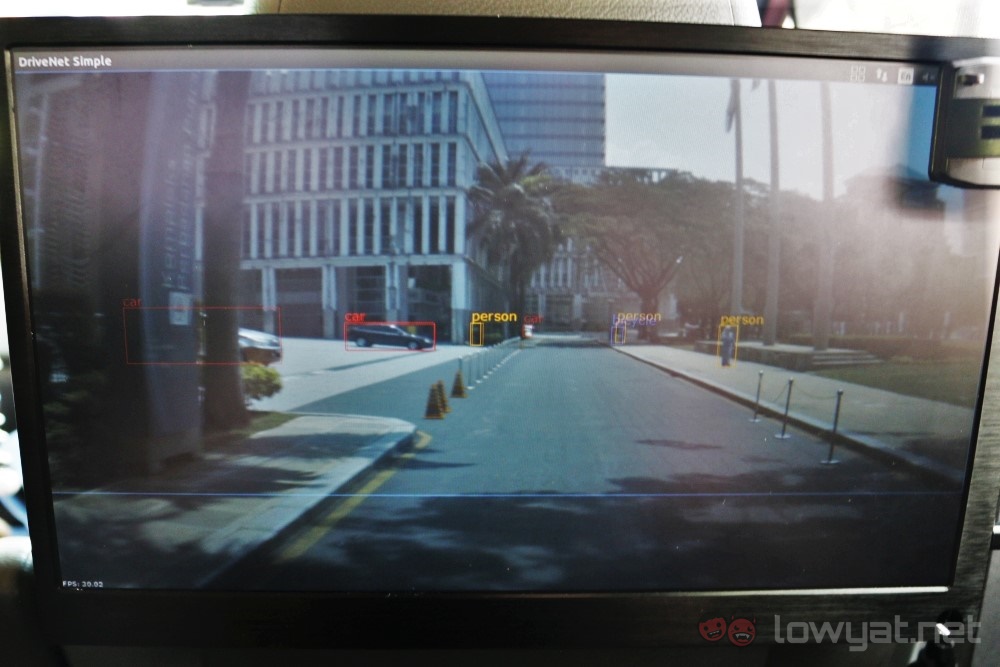
So where does 5G come in? For one, this particular self-driving car comes with what’s called a remote command centre. From here, the autonomous vehicle can be commandeered remotely should the need arise. This will be situations where the AI is unable to navigate itself from its current location and back to base.
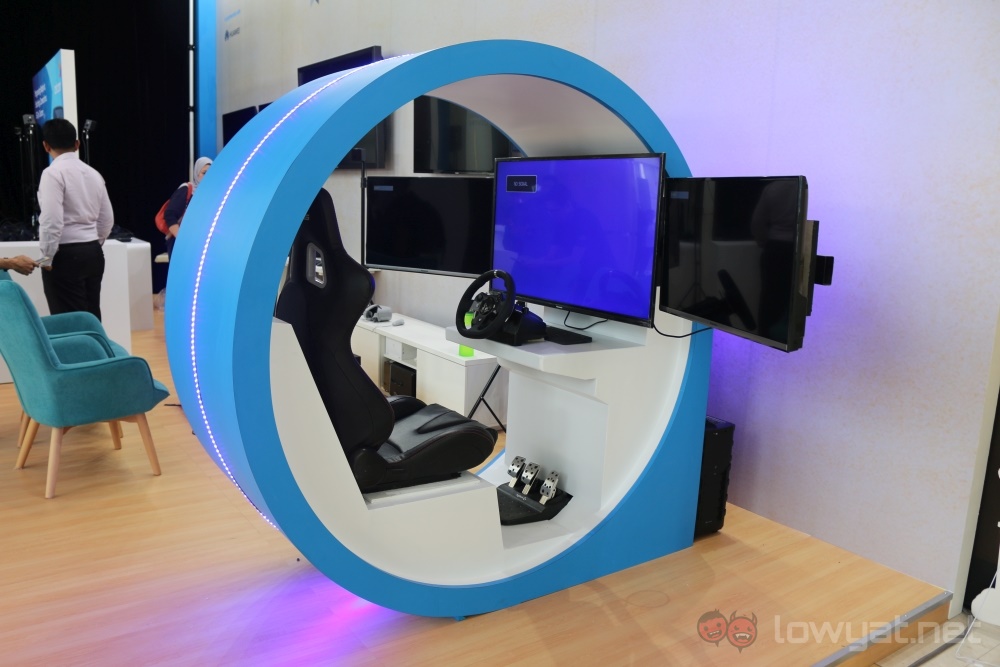
Another possible use of 5G network is for real-time troubleshooting and updating. Rather than having to wait for the autonomous vehicle to return, the 5G network will allow technicians to remotely troubleshoot and fix any potential issues that the vehicle may face. Updates can also be pushed out the moment they are available, much like over-the-air (OTA) updates for our phones.
The final application of 5G will only come in after the maturation of self-driving vehicle tech. According to Dr. Hairi Zamzuri, General Manager of eMoovit Technology Sdn Bhd, the Malaysian subsidiary of MooVita, the goal of using self-driving cars is as automated shuttle or ride-hailing vehicles. Further, rather than taking up storage space, map data of the location and destination of riders can be sent to the autonomous vehicle and deleted once the trip is over.
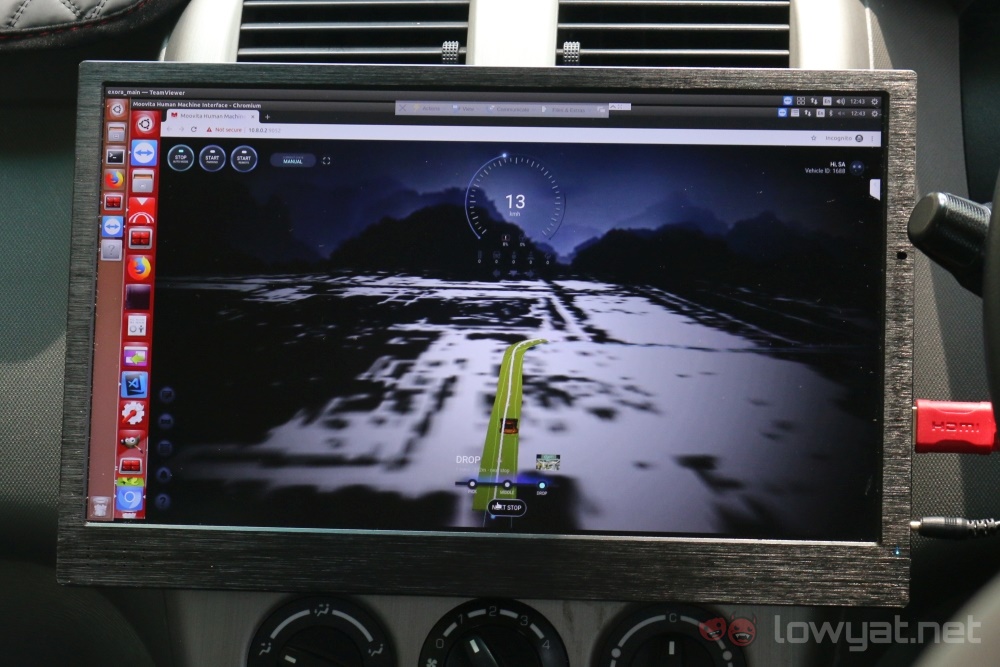
In any case, with both 5G and autonomous vehicle technology still in their infancy, it’s going to be a while before we any form of commercial output. That said, you can probably give the autonomous vehicle ride a try this weekend, as the national 5G showcase will be open to the public in Putrajaya then.
Follow us on Instagram, Facebook, Twitter or Telegram for more updates and breaking news.


